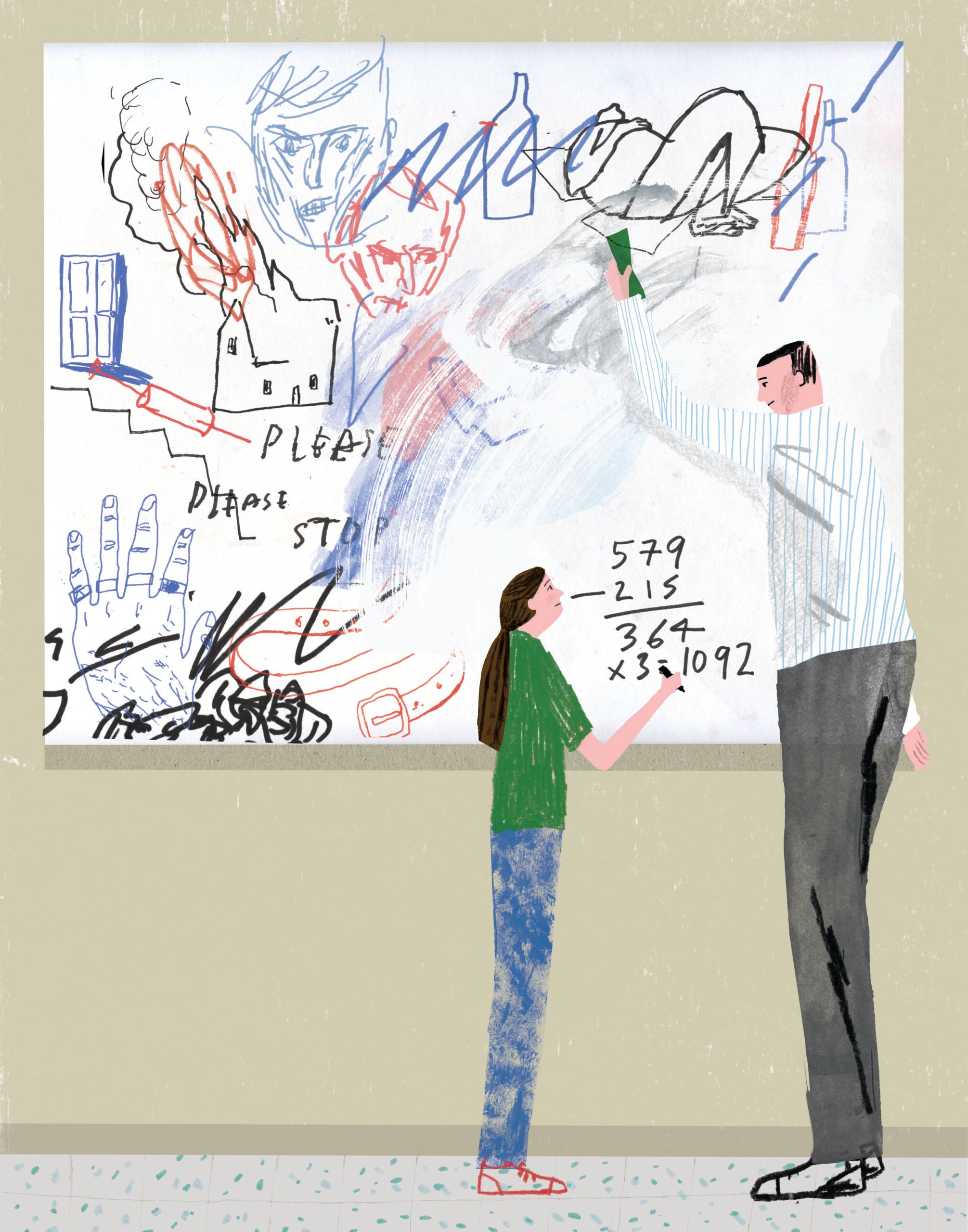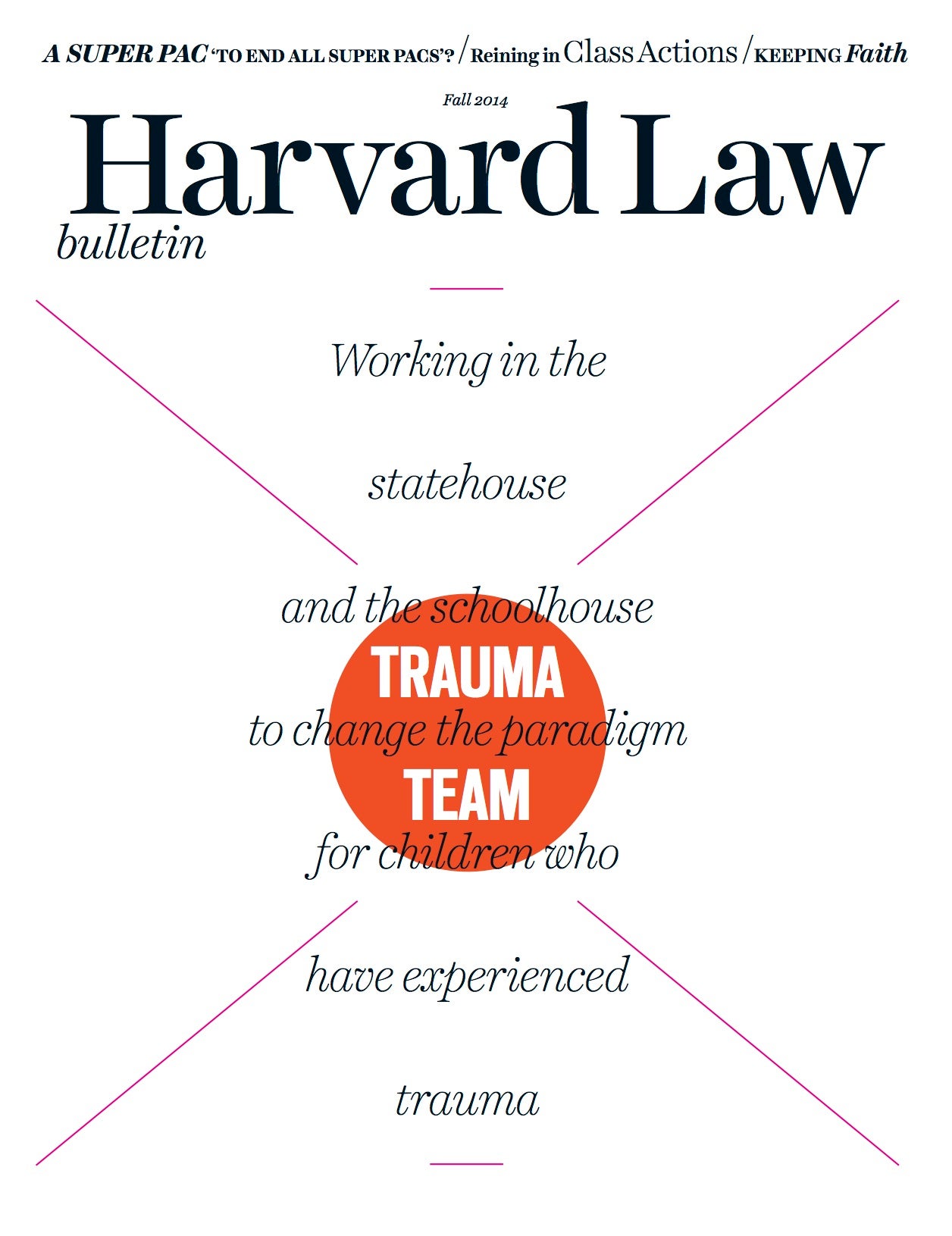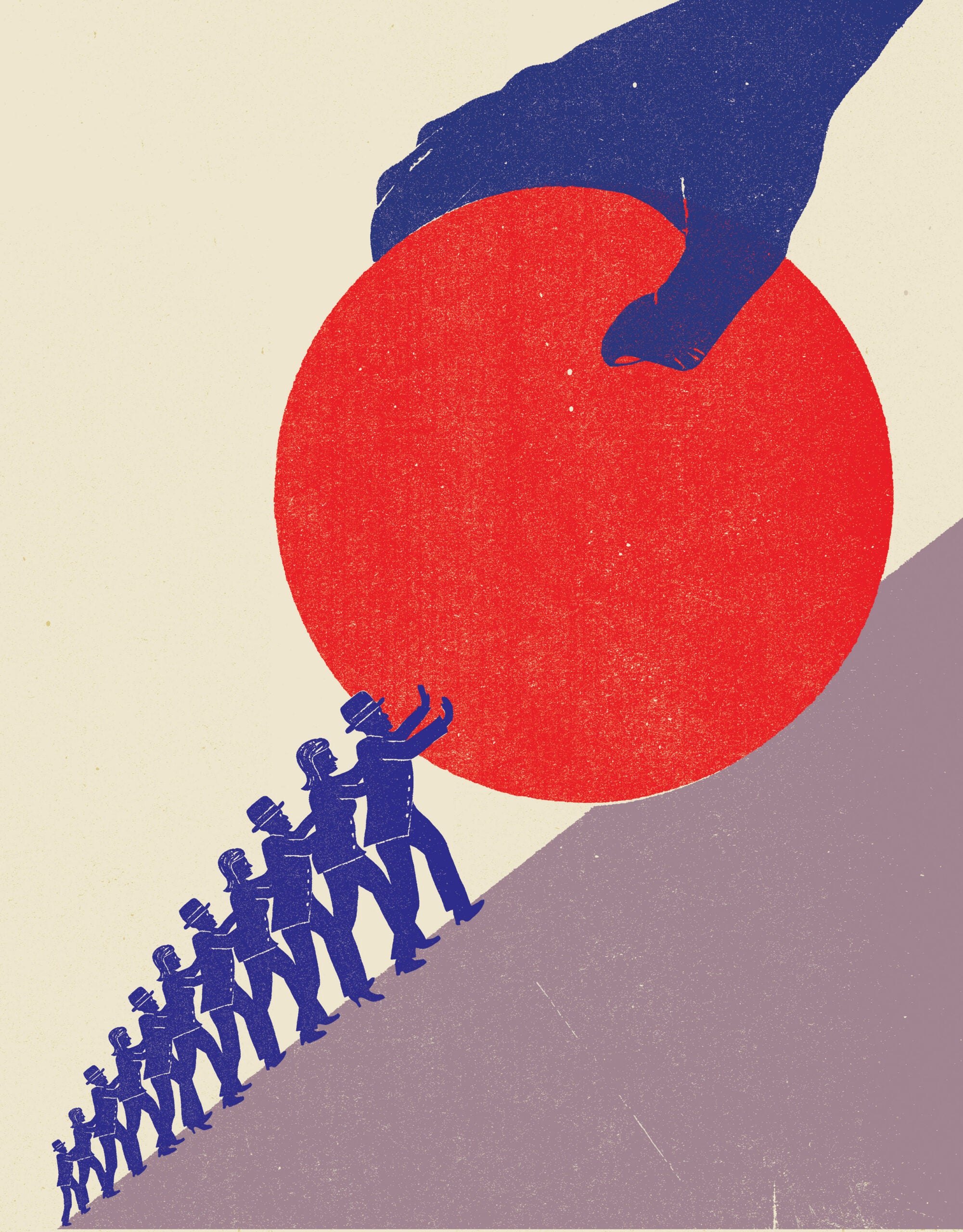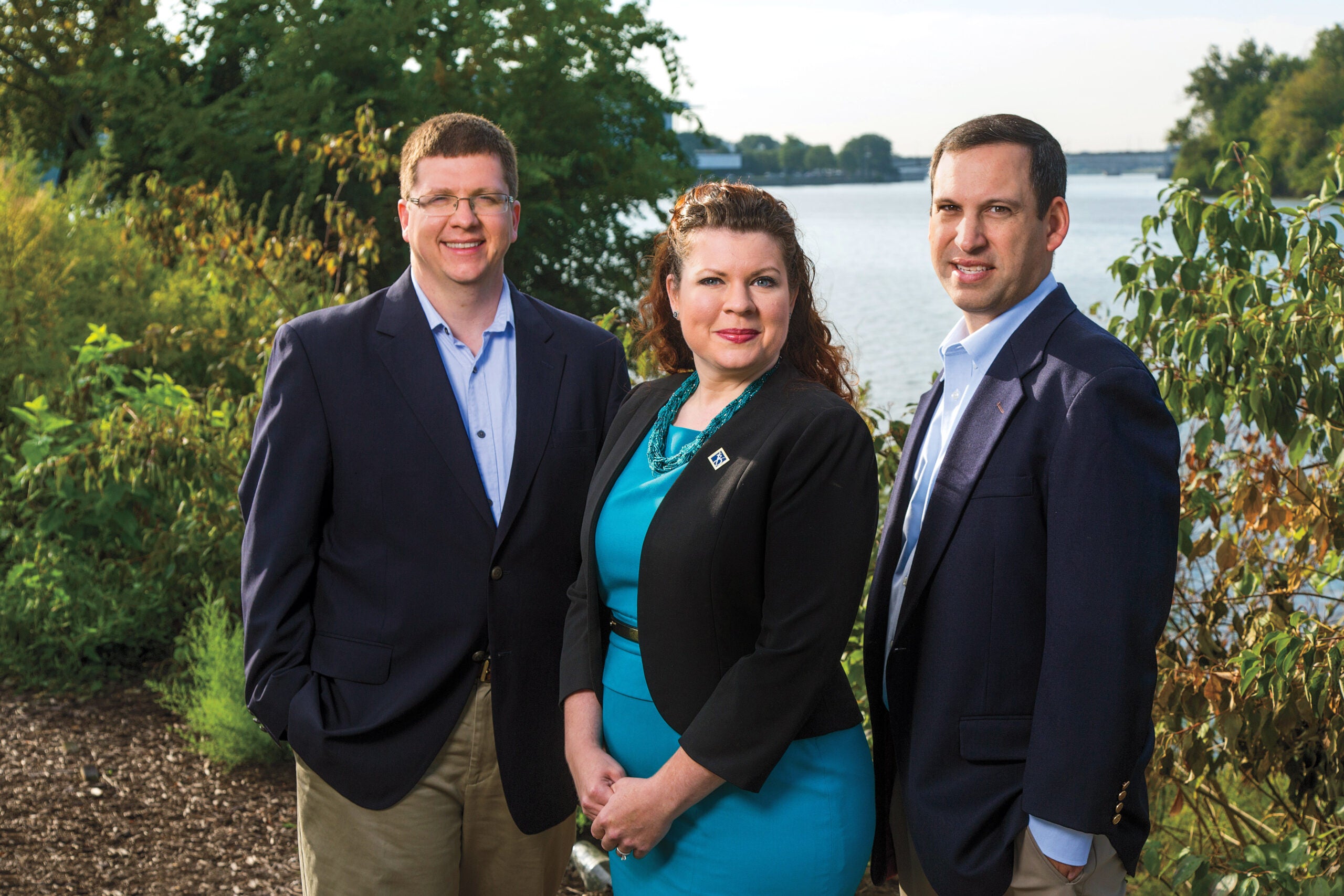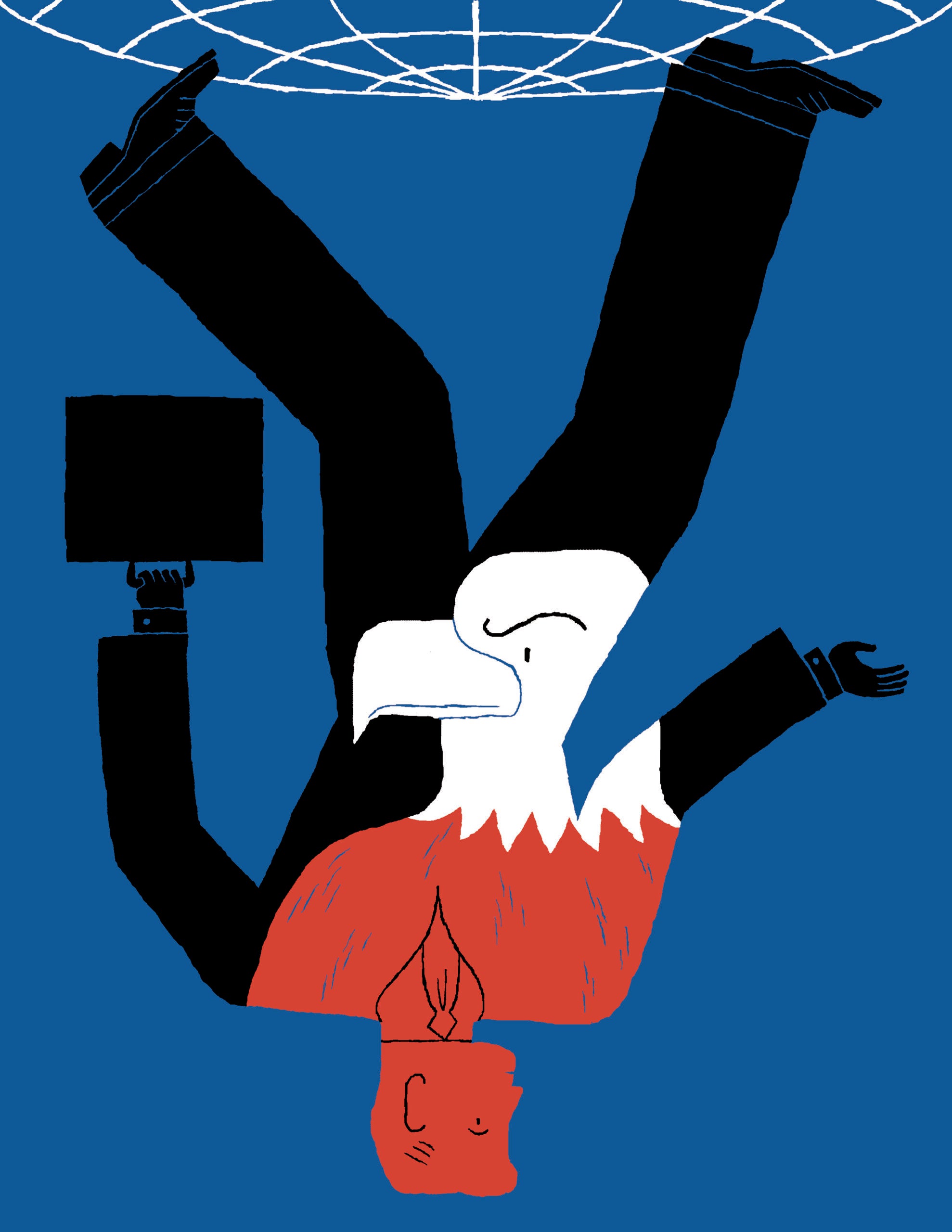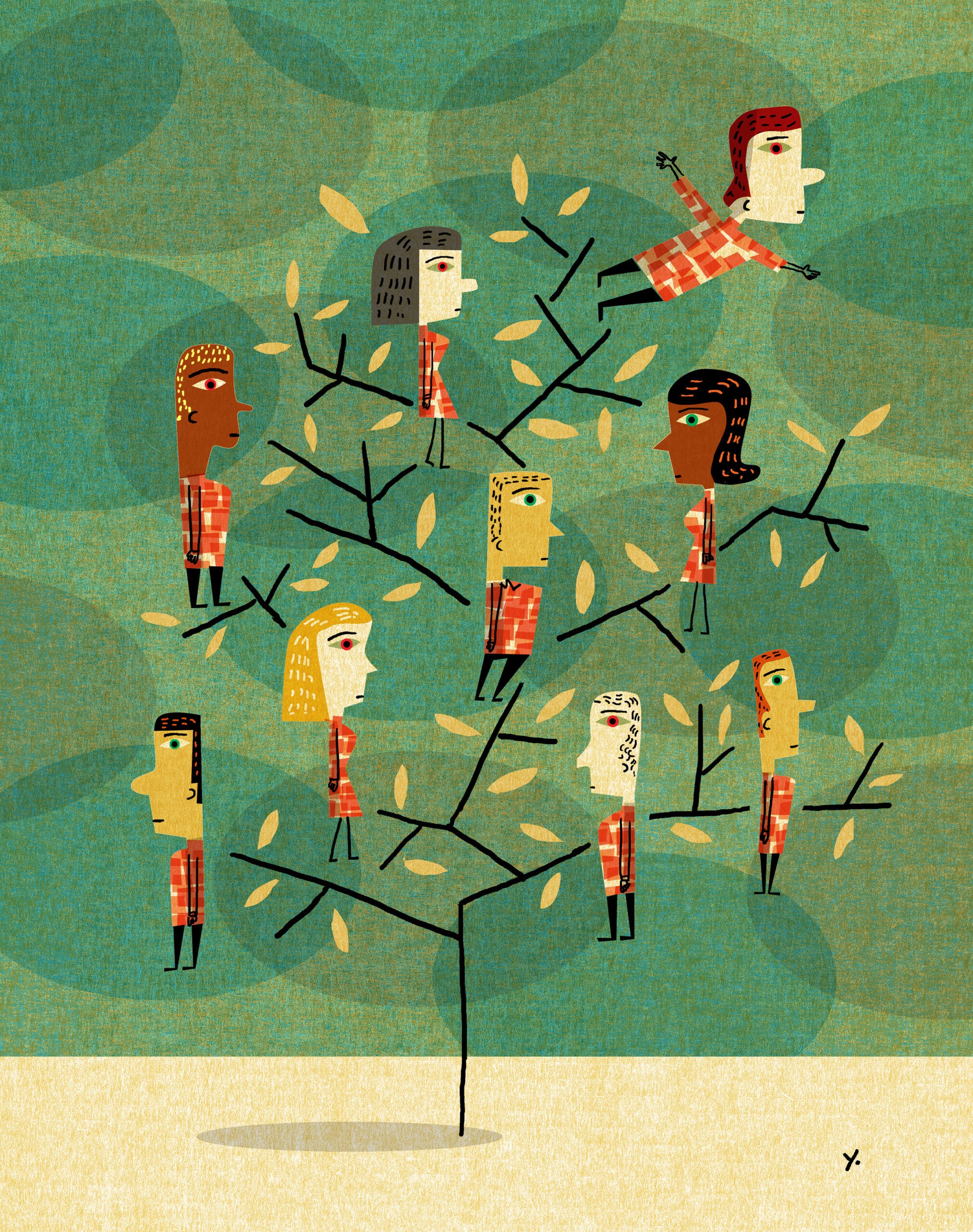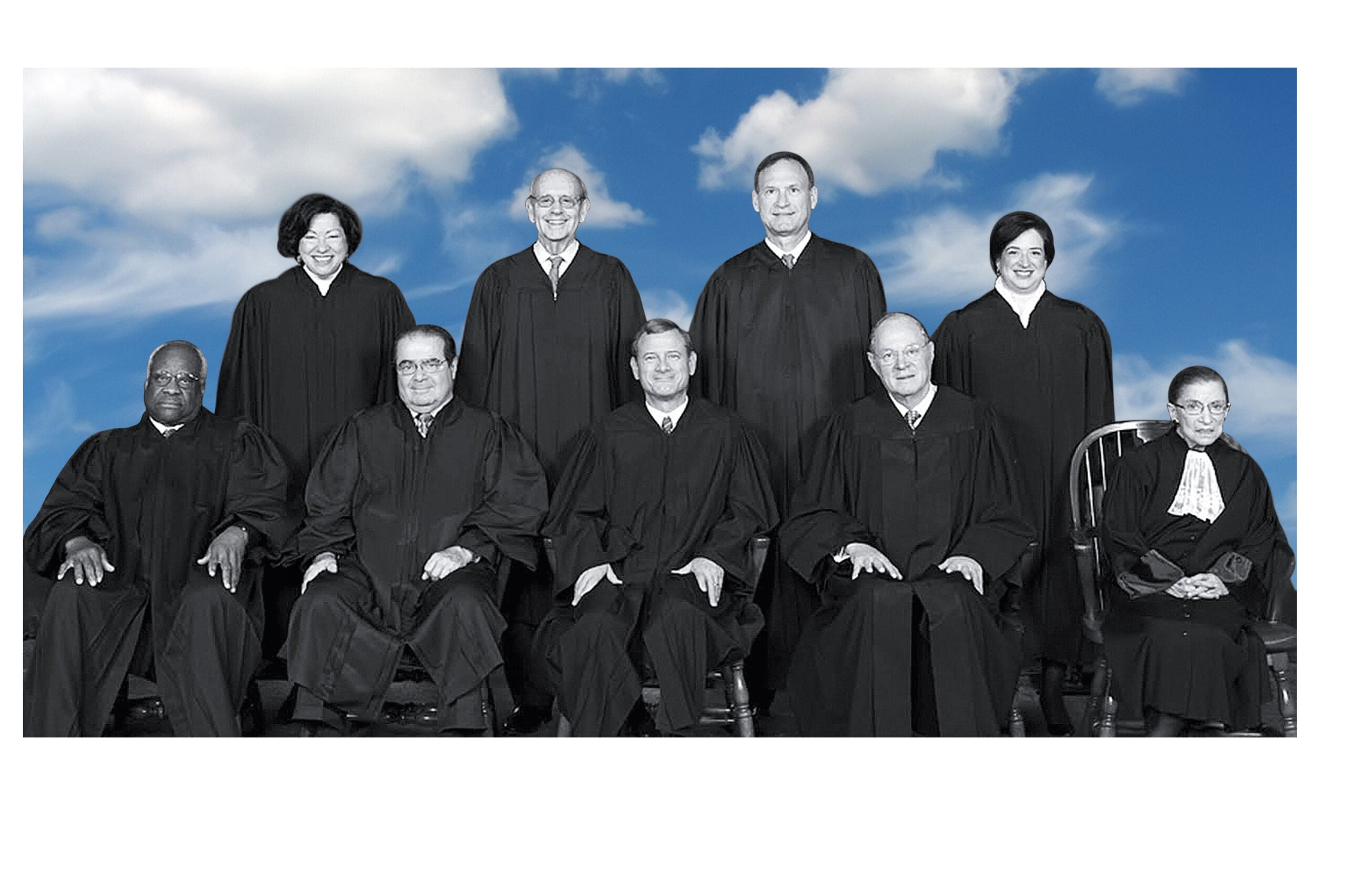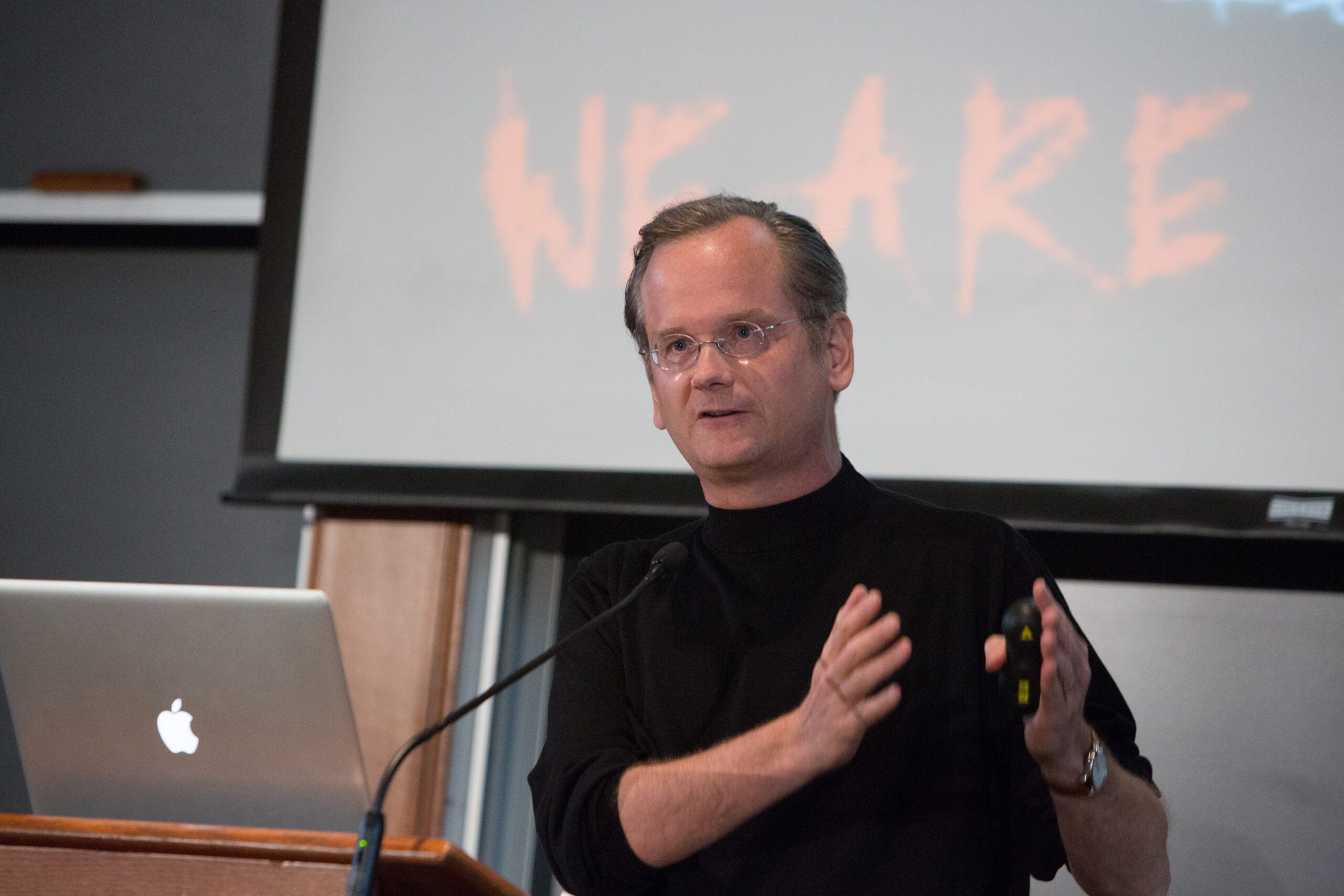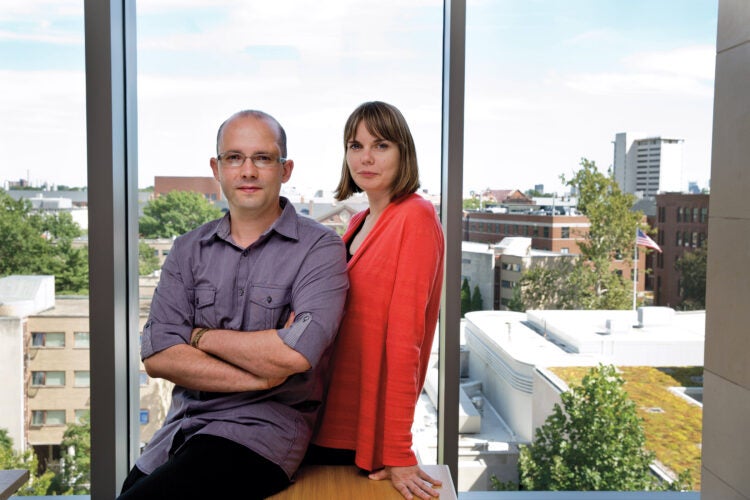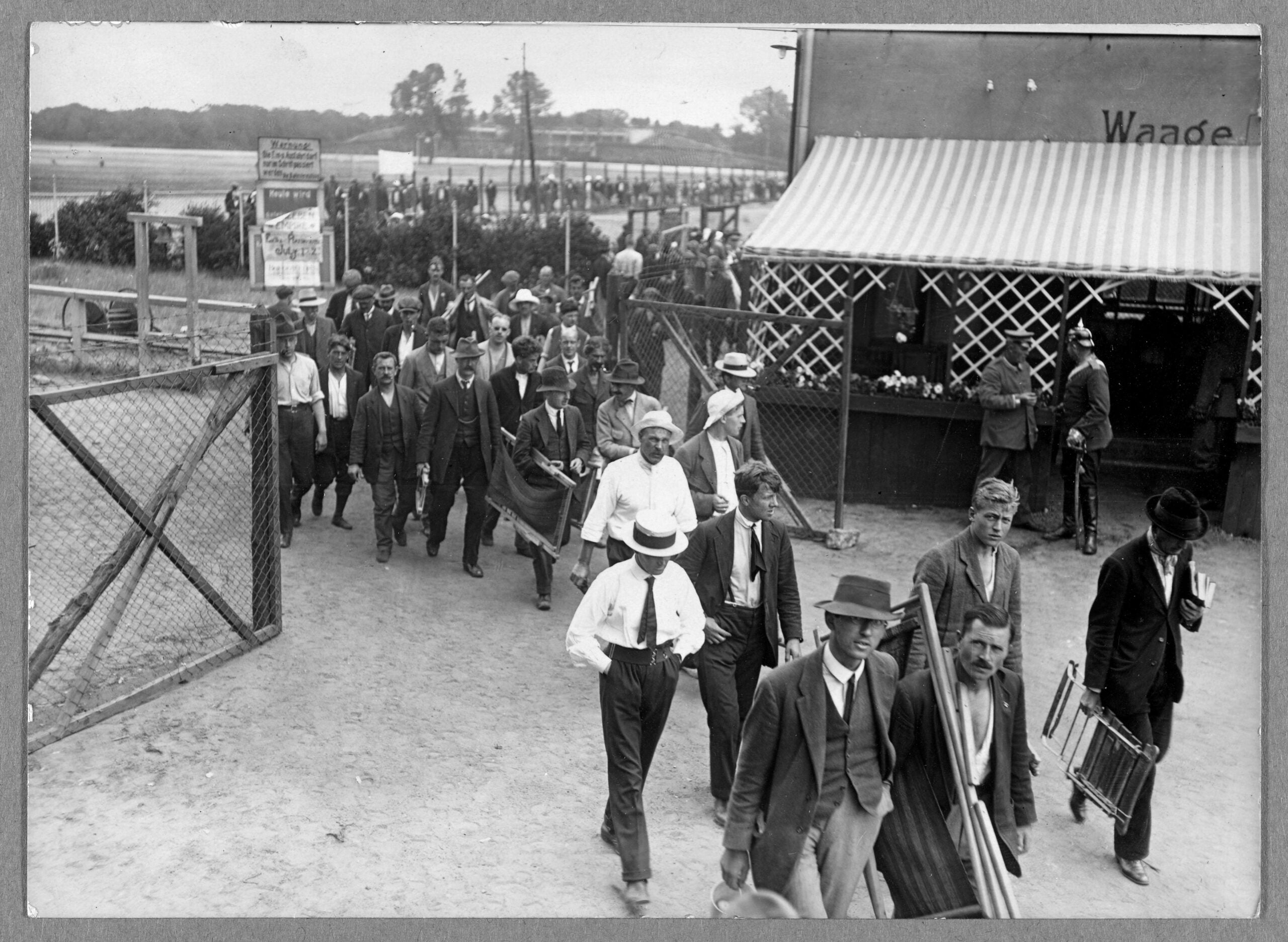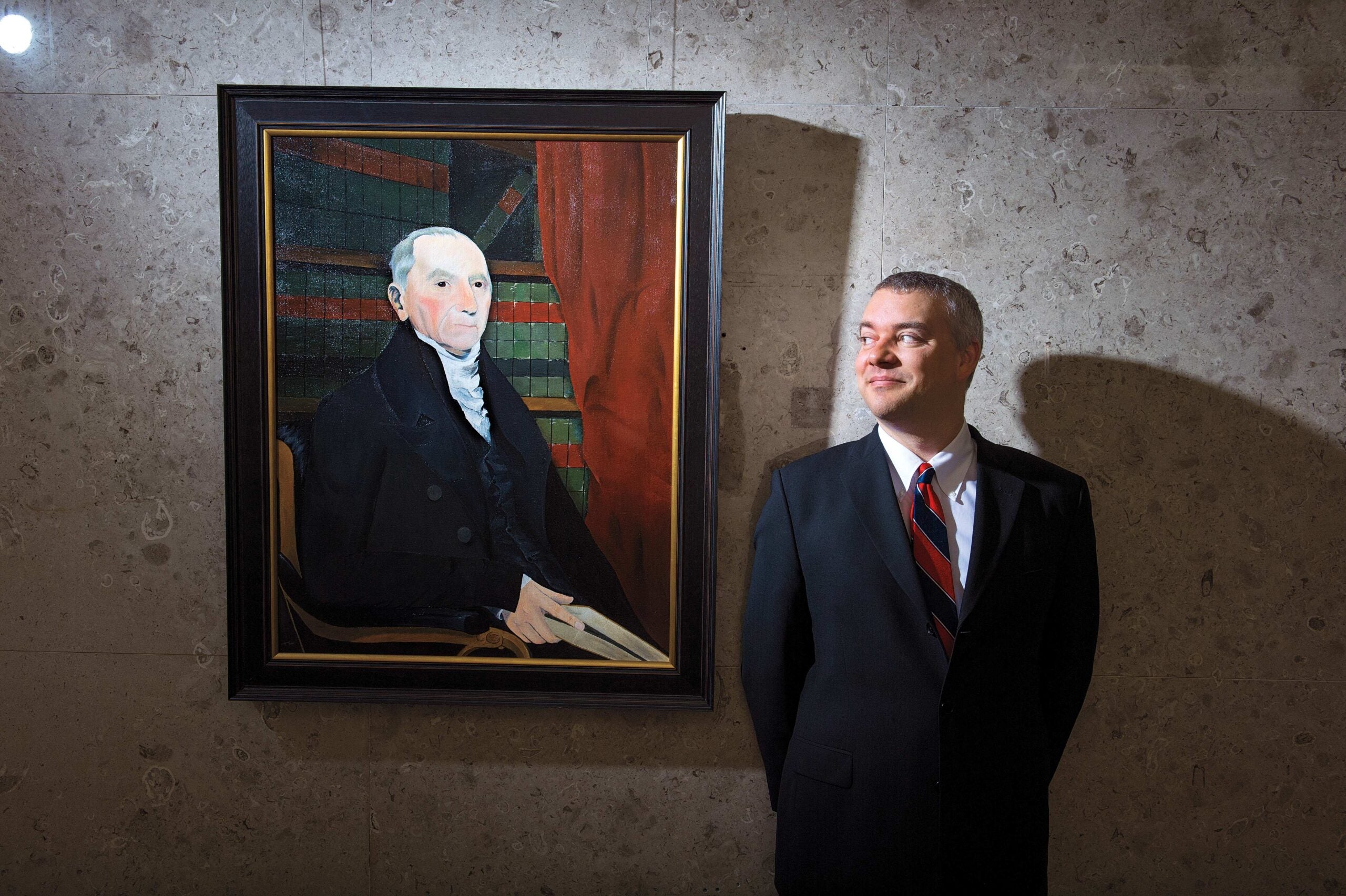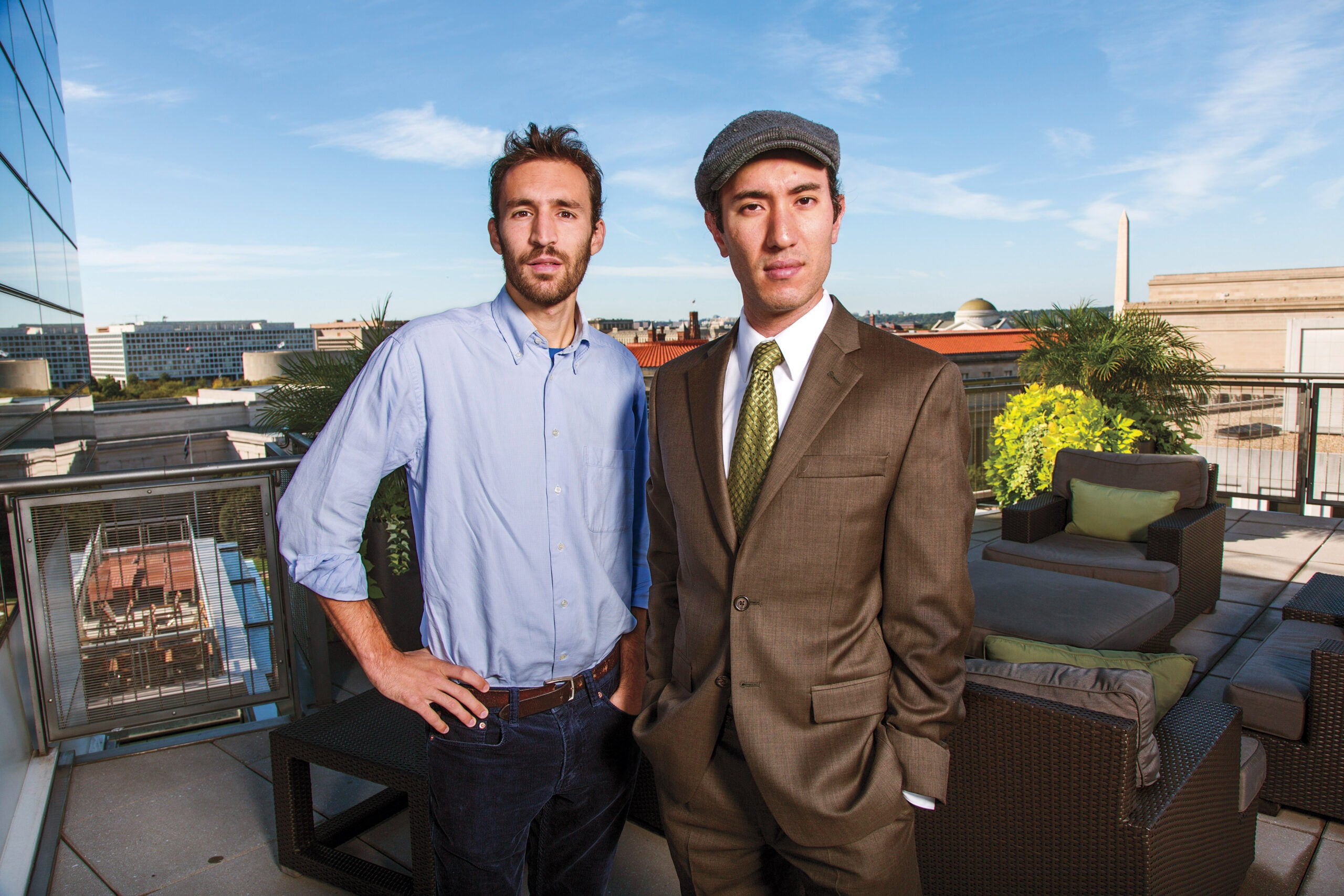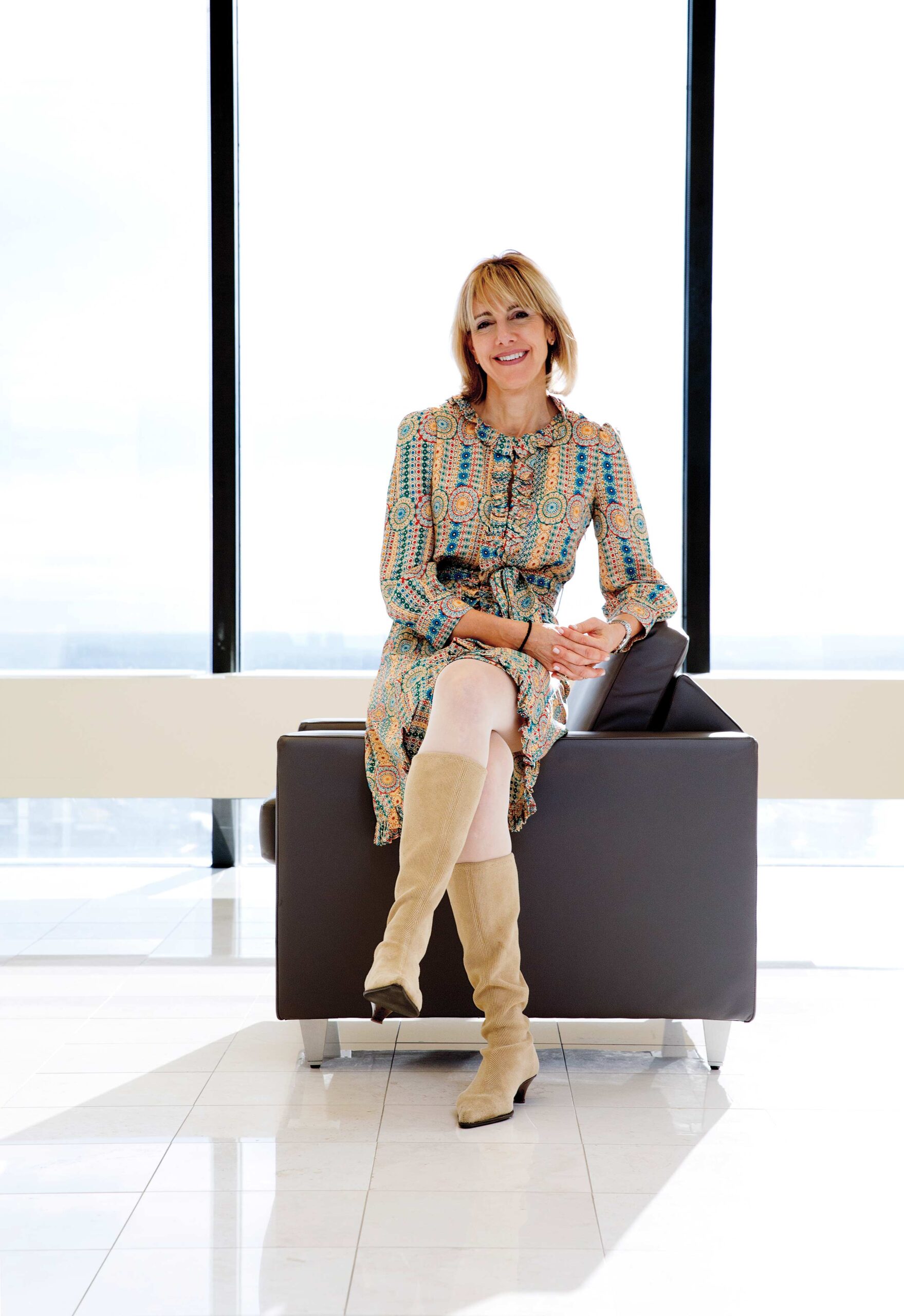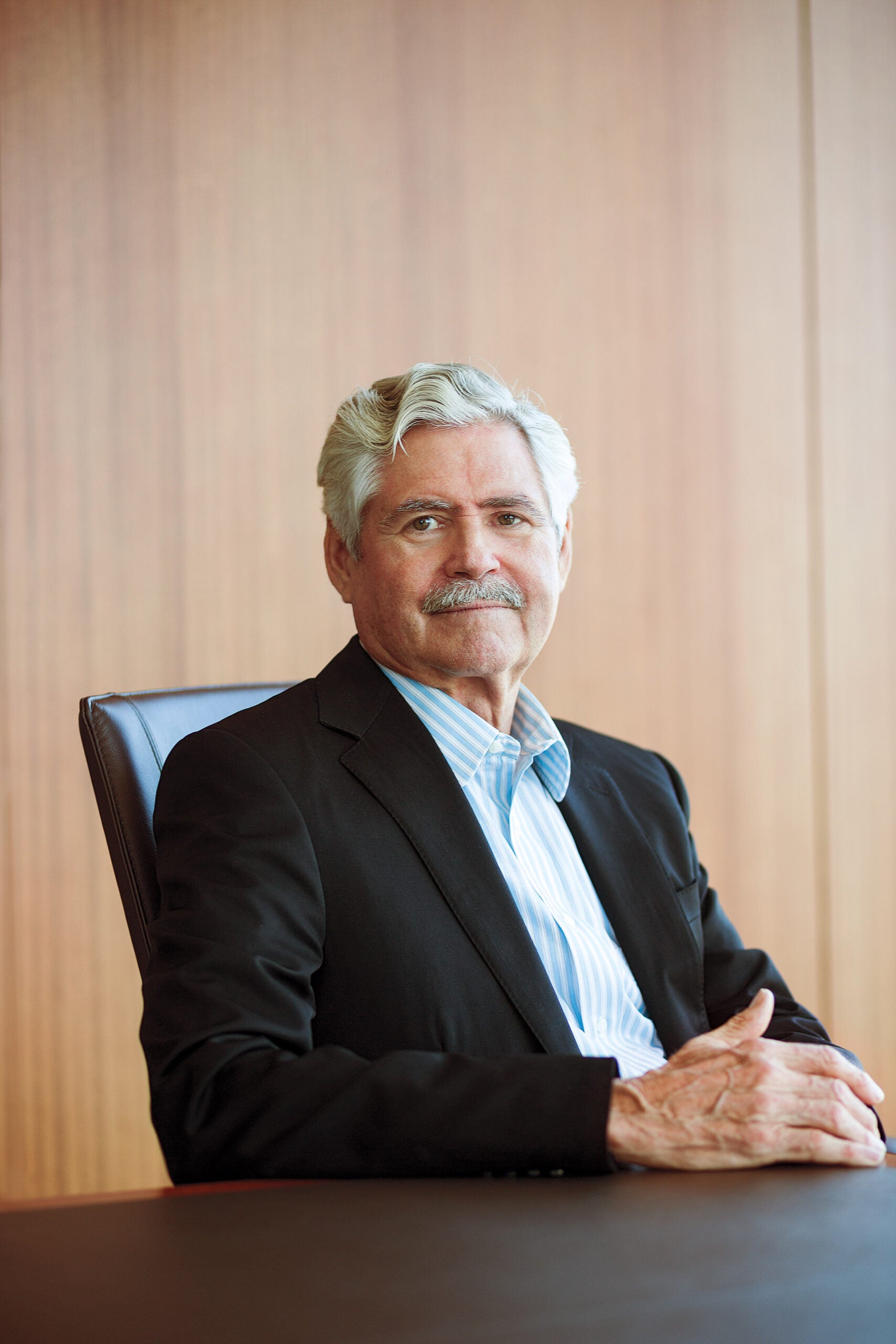Keeping FAITH
Tax Turnaround Time?
How to Grow a Law Professor
Certain Change: How the Roberts Court is revising constitutional law
Laurence Tribe discusses some of the implications of the decisions of nine men and women with regard to gay marriage, gun rights, N.S.A. surveillance, health care, emerging threats to privacy, immigration and more.
The Root of It All
Between Cambridge and Kiev
Home Rule within Enemy Lines: Capturing life in a WWI internment camp
During World War I, about 400,000 “enemy aliens” were imprisoned by all sides in camps on nearly every continent. During that time, Germany’s only exclusively civilian prison camp, Ruhleben Gefangenenlager, became a model of civil functionality.
-
On the second floor of the City-County Building in Madison, Wisconsin, there now hangs the portrait of a man named Nathan Dane. The same steady gaze examines visitors 1,100 miles away as they step off the elevator on the fourth floor in Langdell Hall at Harvard Law School.
-
Until last spring, scores of destitute people—virtually all of them African-Americans—were locked up in the city jail of Montgomery, Alabama, for traffic tickets they couldn’t pay, sentenced to a day in jail for every $50 they owed. They could earn a $25 credit daily by providing free labor, scrubbing blood and feces off jail floors and cleaning buildings.
-
From rethinking how venture capital firms meet their legal needs to focusing on broadening access to legal services for all people, Sarah Reed '91 has been a pragmatic innovator.
-
When Bryan Cressey J.D./M.B.A. ’76, a native of Seattle, was putting himself through the University of Washington by working at a conveyor-belt company, he grew intrigued by the “go-go era of the ’60s,” as he puts it, when business innovators such as James J. Ling were creating giant conglomerates. Cressey decided he wanted to build companies and applied to the J.D./M.B.A. program at Harvard. From his first job in 1976 with a venture capital firm in Chicago; to four years later co-founding Golder, Thoma & Cressey (later Golder, Thoma, Cressey, Rauner); to the present, Cressey’s leadership in industry consolidation with a particular expertise in the health care and medical services fields has been recognized by Fortune and Time magazines, among many other publications.
